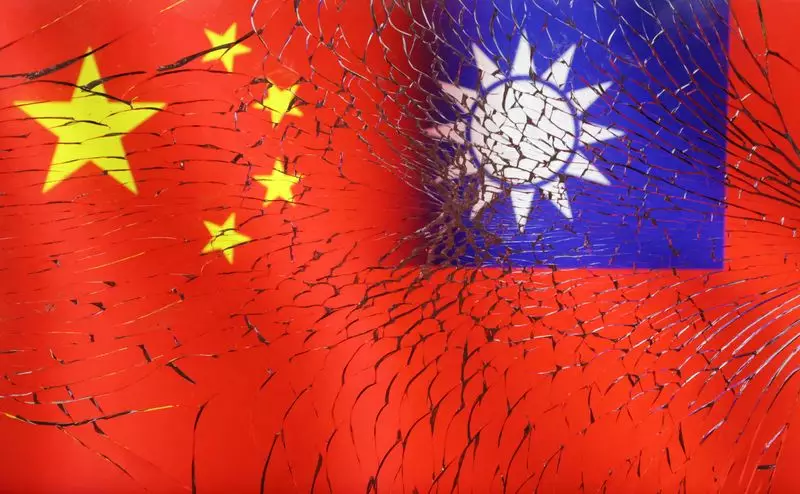In a significant move that has heightened tensions in the Asia-Pacific region, the United States recently approved a $2 billion arms sale package to Taiwan. This package includes cutting-edge military hardware, notably an advanced air defense missile system that has been successfully deployed in Ukraine. The sale comes amidst a backdrop of strained relations between the U.S. and China, particularly regarding Taiwan, which Beijing considers a rogue province despite its self-governed status.
Following the announcement of the arms sale, the Chinese government responded vehemently, labeling the move as a direct threat to its national sovereignty and territorial integrity. In a statement released over the weekend, China’s foreign ministry described the arms sale as “dangerous” and “destabilizing,” urging the U.S. to halt its support to Taiwan. This reaction underscores Beijing’s persistent view that any foreign military assistance to Taiwan not only challenges its claims over the island but also undermines regional peace.
It is important to note that the United States is legally bound to assist Taiwan in maintaining its self-defense capabilities under the Taiwan Relations Act, despite the lack of formal diplomatic ties. This act was designed to ensure that Taiwan has the means to fend off potential aggressions from Beijing. However, this legal obligation has repeatedly infuriated the Chinese government, which perceives such actions as foreign interference in its internal affairs. The complexity of this situation highlights the delicate balance of power and the multifaceted relationship between the U.S., China, and Taiwan.
In recent years, China has noticeably amplified its military presence around Taiwan, conducting a series of military drills that simulate potential attacks on the island. These actions are part of a broader strategy by Beijing to assert its control and intimidate Taiwan, a democratically governed entity that staunchly opposes any form of Chinese domination. The recent arms sale can thus be seen as a reaffirmation of U.S. support for Taiwan’s sovereignty and its commitment to countering China’s growing influence in the region.
In light of the recent developments, Taiwan has publicly welcomed the latest arms package, describing it as essential for its defense against Chinese threats. The Taiwanese government emphasizes its obligation to protect its territory and asserts its determination to maintain its sovereignty. The ongoing arms sales under the Biden administration—in total, 17 to date—indicate a continued U.S. strategy to bolster Taiwan’s defenses as a counter to increasing military assertiveness from Beijing.
As tensions continue to escalate in this geopolitical standoff, the ramifications of the U.S. arms sale to Taiwan will likely reverberate through international relations for the foreseeable future. China’s promise of “countermeasures” hints at a potential escalation in military activities around Taiwan, while the U.S. remains committed to supporting its ally. The delicate balance of power in the Taiwan Strait remains precarious, with both sides poised for confrontation should diplomatic avenues fail.

